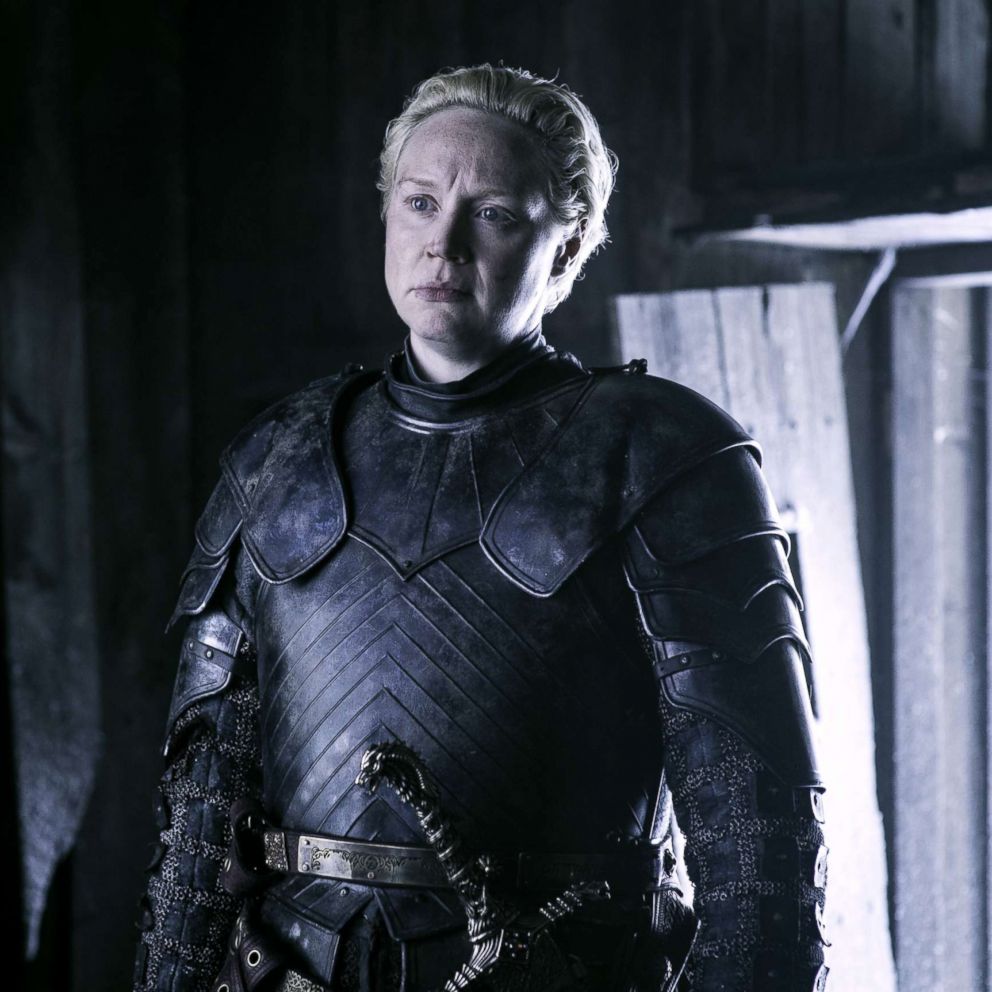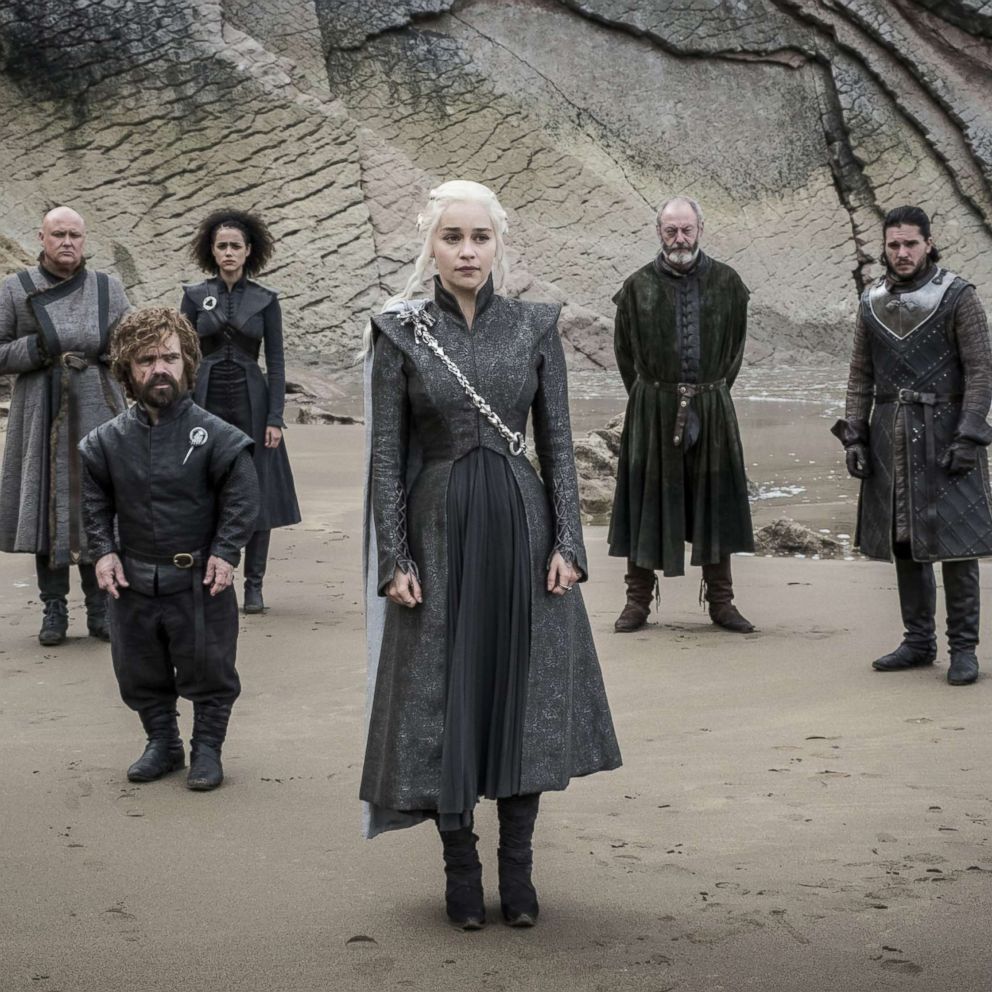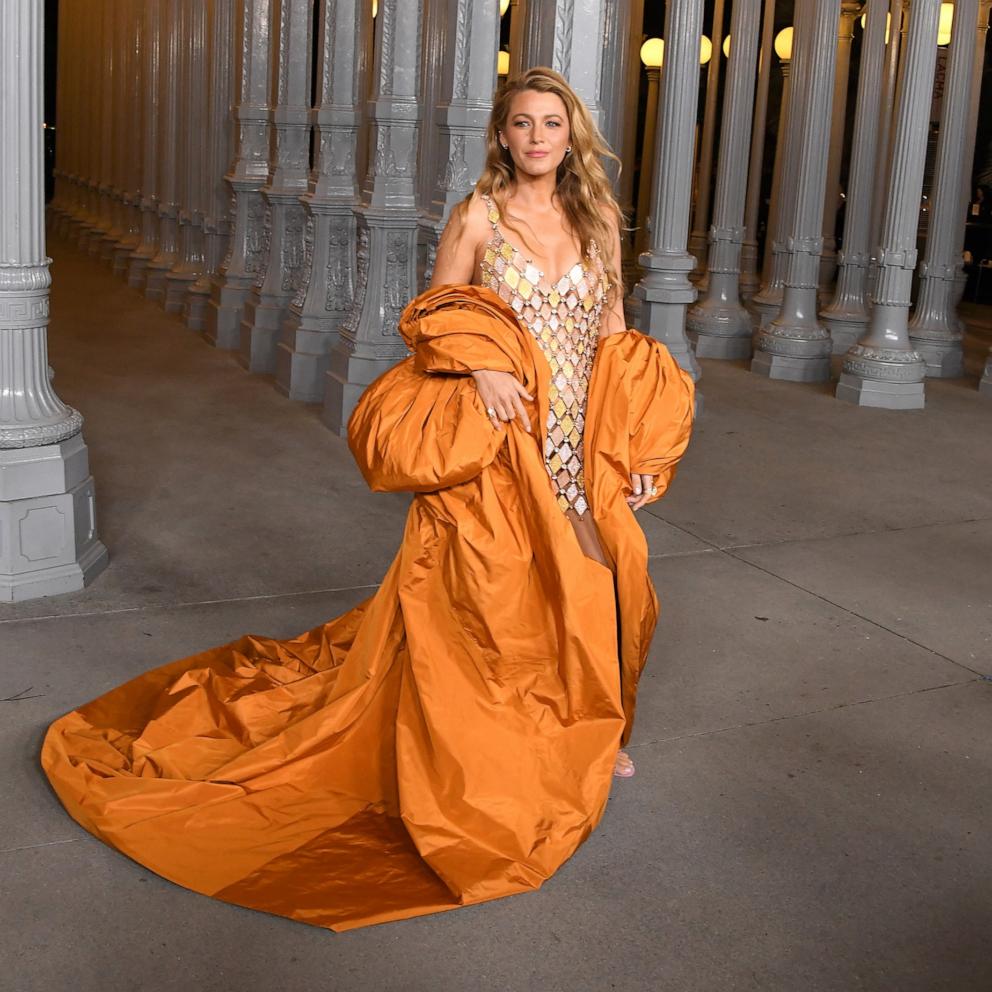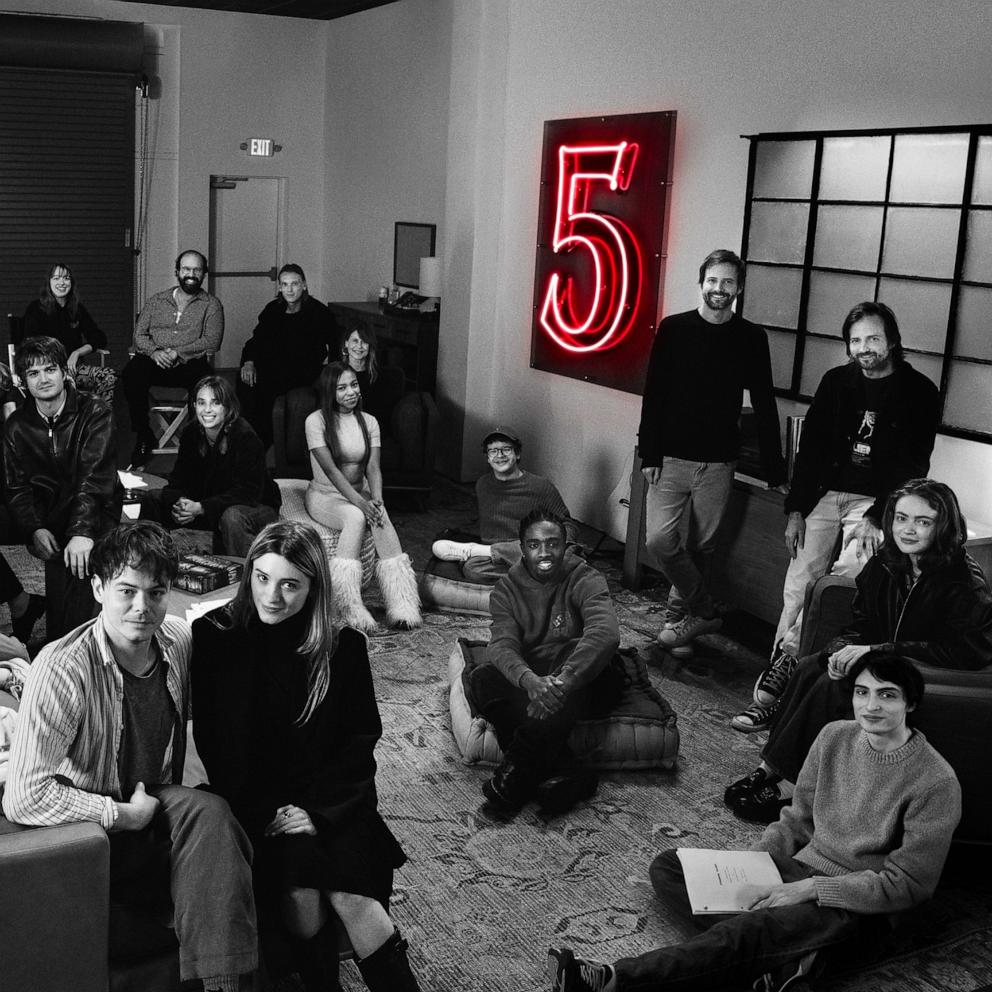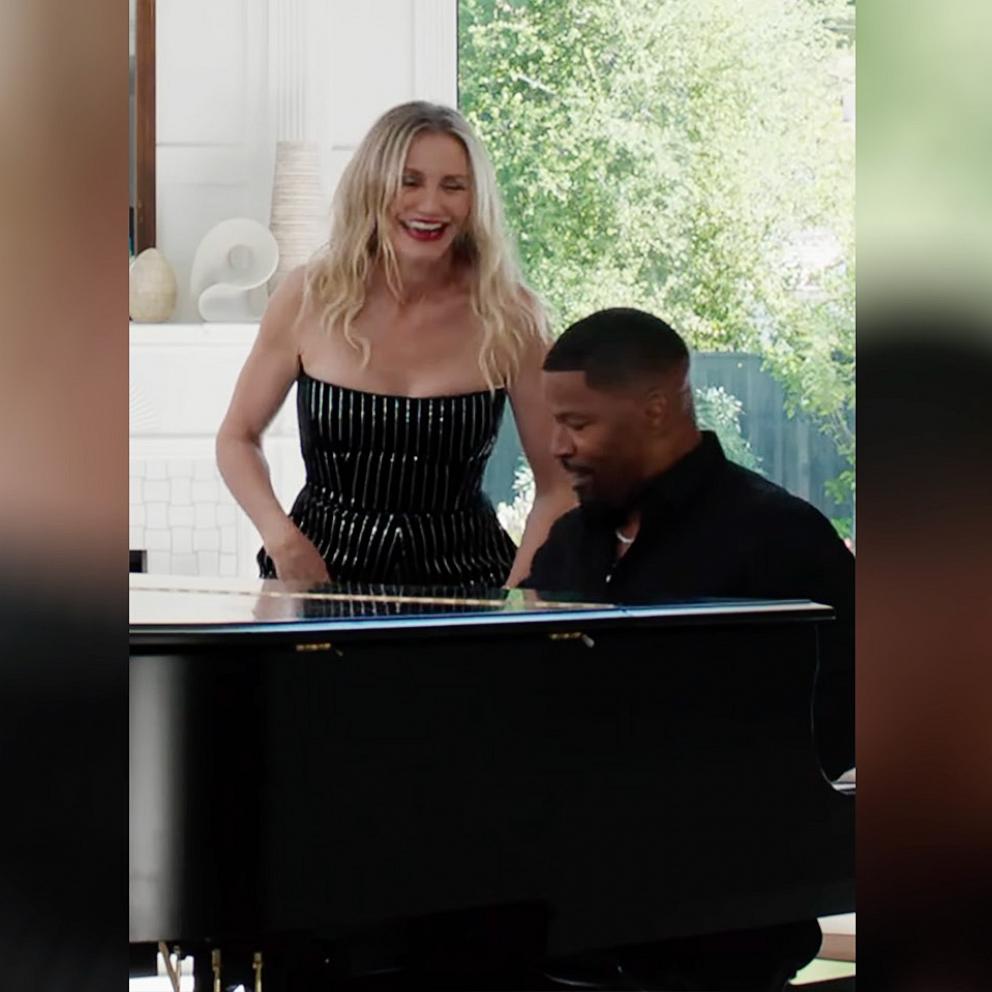'Game of Thrones' star Emilia Clarke says she suffered 2 aneurysms while filming show: 'I wanted to pull the plug'
Emilia Clarke, better known as Daenerys Targaryen on the hit HBO series "Game of Thrones," revealed that she suffered two aneurysms while filming the show in a personal essay for The New Yorker on Thursday.
The 32-year-old English actress said her first aneurysm occurred while working out with her trainer on Feb. 11, 2011, after filming the show's first season.
"I was getting dressed in the locker room of a gym in Crouch End, North London, when I started to feel a bad headache coming on," she wrote. "I was so fatigued that I could barely put on my sneakers. When I started my workout, I had to force myself through the first few exercises."
She said these symptoms were then followed by extreme pain.
"My trainer had me get into the plank position, and I immediately felt as though an elastic band were squeezing my brain," she continued. "I tried to ignore the pain and push through it, but I just couldn’t."
"I told my trainer I had to take a break. Somehow, almost crawling, I made it to the locker room. I reached the toilet, sank to my knees, and proceeded to be violently, voluminously ill," she continued. "Meanwhile, the pain — shooting, stabbing, constricting pain — was getting worse. At some level, I knew what was happening: my brain was damaged."
Clarke wrote that she was taken to a hospital and that doctors couldn't immediately diagnose her condition. Then, she was delivered the distressing news.
In my worst moments, I wanted to pull the plug. I asked the medical staff to let me die.
"I was sent for an MRI, a brain scan," she said. "The diagnosis was quick and ominous: a subarachnoid hemorrhage (SAH), a life-threatening type of stroke, caused by bleeding into the space surrounding the brain. I’d had an aneurysm, an arterial rupture."
She was transferred from the local hospital to the National Hospital for Neurology and Neurosurgery in central London after receiving the diagnosis. She described her emotional state upon finding out that her pain was far from over.
"I remember being told that I should sign a release form for surgery. Brain surgery? I was in the middle of my very busy life — I had no time for brain surgery," she wrote.
"But, finally, I settled down and signed. And then I was unconscious," she continued. "For the next three hours, surgeons went about repairing my brain. This would not be my last surgery, and it would not be the worst. I was twenty-four years old."
Clarke underwent a "minimally invasive" surgery for three hours that day. She said it caused her to suffer unthinkable pain and trauma following the procedure.
Clarke said that she learned she was experiencing aphasia, a condition that affects the ability to speak, write and understand language, both verbal and written. She said it was "a consequence of the trauma my brain had suffered."
"In my worst moments, I wanted to pull the plug," she wrote. "I asked the medical staff to let me die. My job—my entire dream of what my life would be—centered on language, on communication. Without that, I was lost."
Doctors at the hospital told Clarke that she had also suffered a smaller aneurysm on the other side of her brain, and that "it could 'pop' at any time."
That eventually happened in 2013 after she finished filming season 3 of "Game of Thrones."
"I went in for a brain scan — something I now had to do regularly," she wrote. "The growth on the other side of my brain had doubled in size, and the doctor said we should 'take care of it.' I was promised a relatively simple operation, easier than last time."
But something went wrong during the procedure and the actress woke up in immense pain.
"When they woke me, I was screaming in pain," she wrote. "The procedure had failed. I had a massive bleed and the doctors made it plain that my chances of surviving were precarious if they didn’t operate again. This time they needed to access my brain in the old-fashioned way — through my skull. And the operation had to happen immediately."
Clarke also described the emotional trauma she endured after the extensive procedure and how it impacted her on and off the screen.
"I lost all hope. I couldn’t look anyone in the eye. There was terrible anxiety, panic attacks. I was raised never to say, 'It’s not fair'; I was taught to remember that there is always someone who is worse off than you," she wrote. "But, going through this experience for the second time, all hope receded. I felt like a shell of myself. So much so that I now have a hard time remembering those dark days in much detail."
She ensured fans that she has completely recovered.
"In the years since my second surgery I have healed beyond my most unreasonable hopes," she wrote. "I feel endless gratitude—to my mum and brother, to my doctors and nurses, to my friends."
"Every day, I miss my father, who died of cancer in 2016, and I can never thank him enough for holding my hand to the very end," she added.
Read her story in full on The New Yorker.

